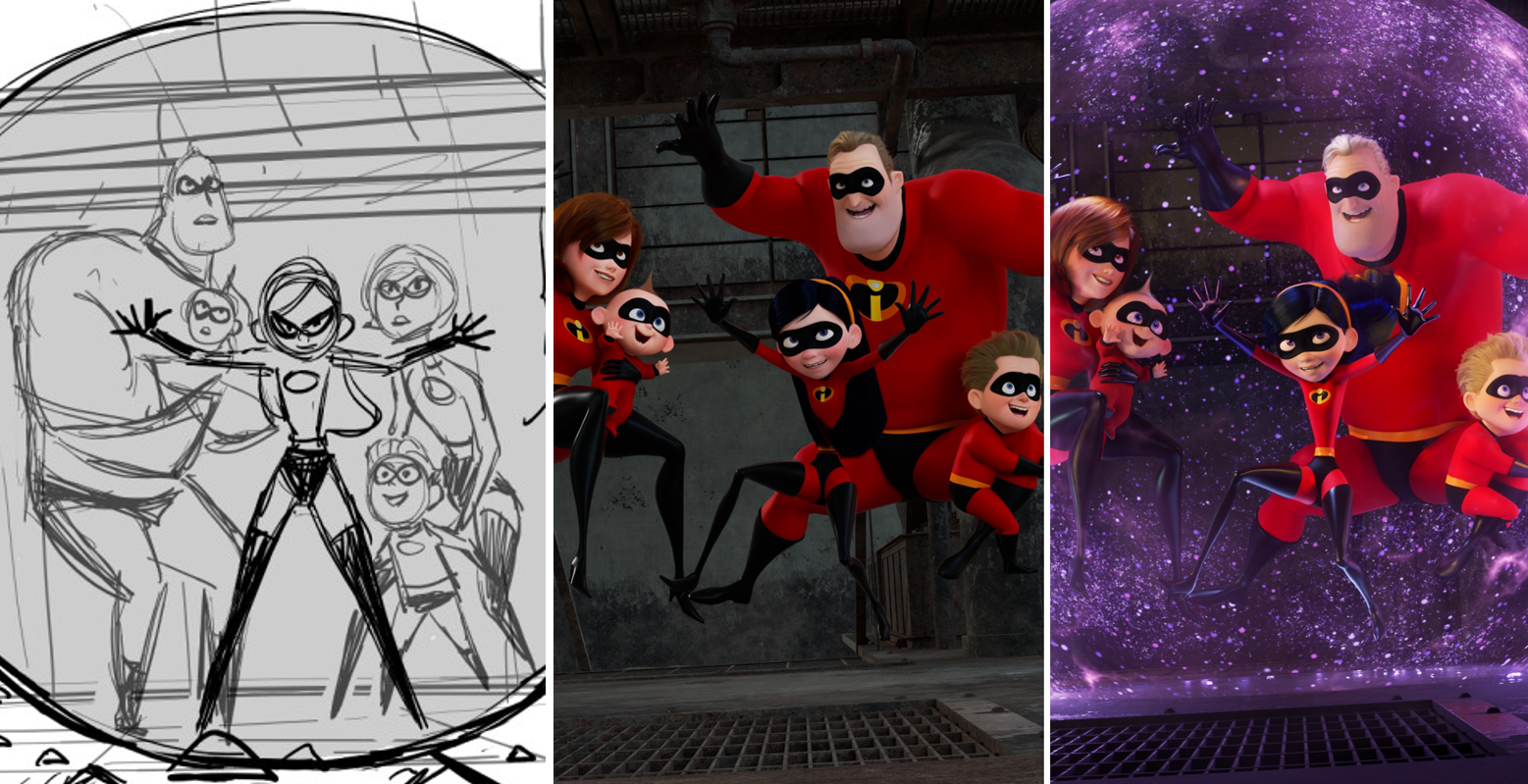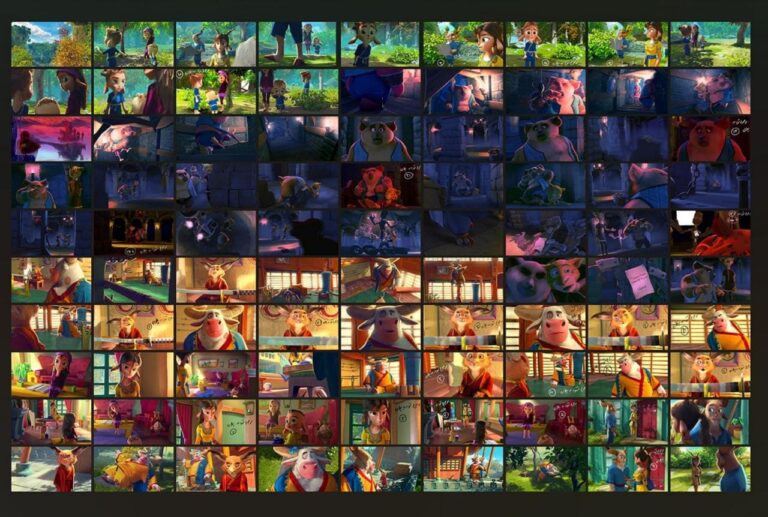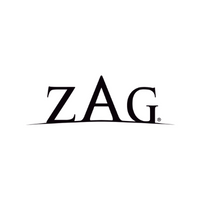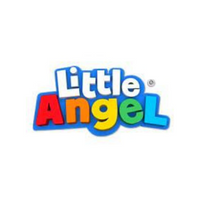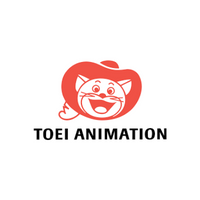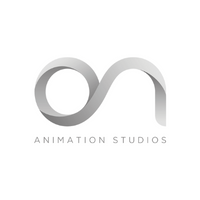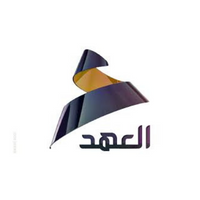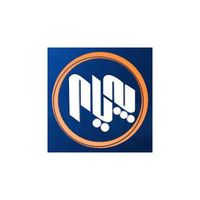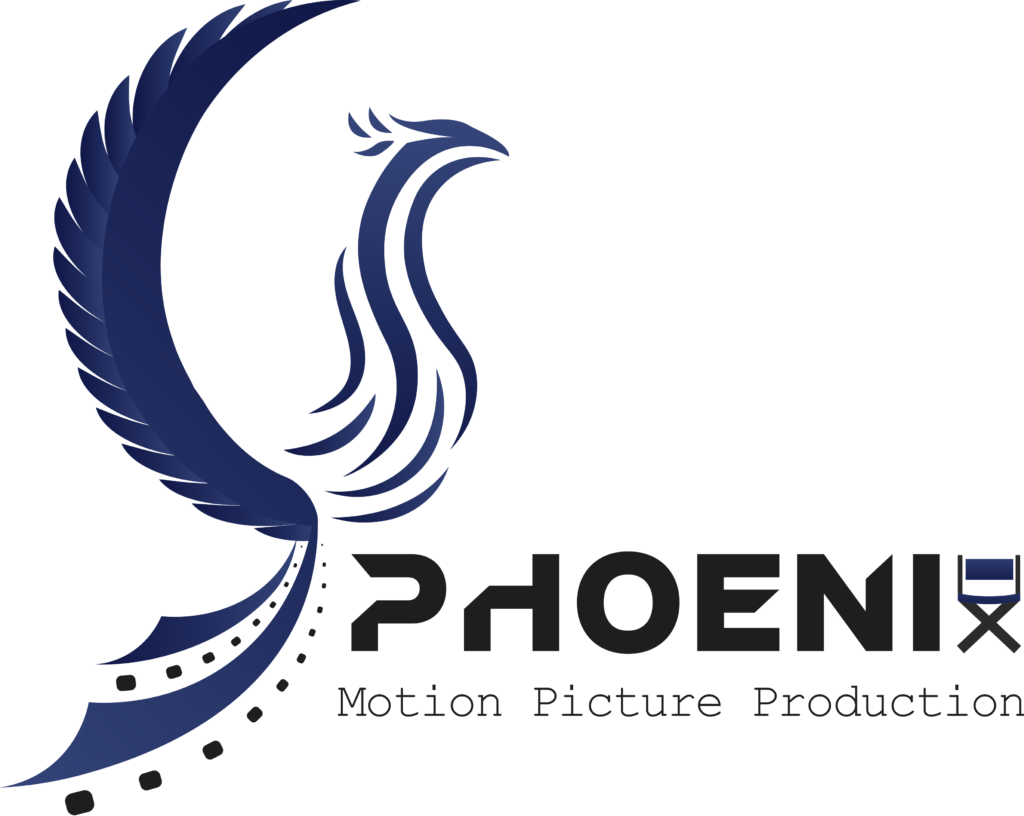Mastering Concept Design for 3D Animation: A Step-by-Step Blueprint
Conceptual Design Blueprint for a 3D Animation Movie: A magic Journey from Story to Concepts
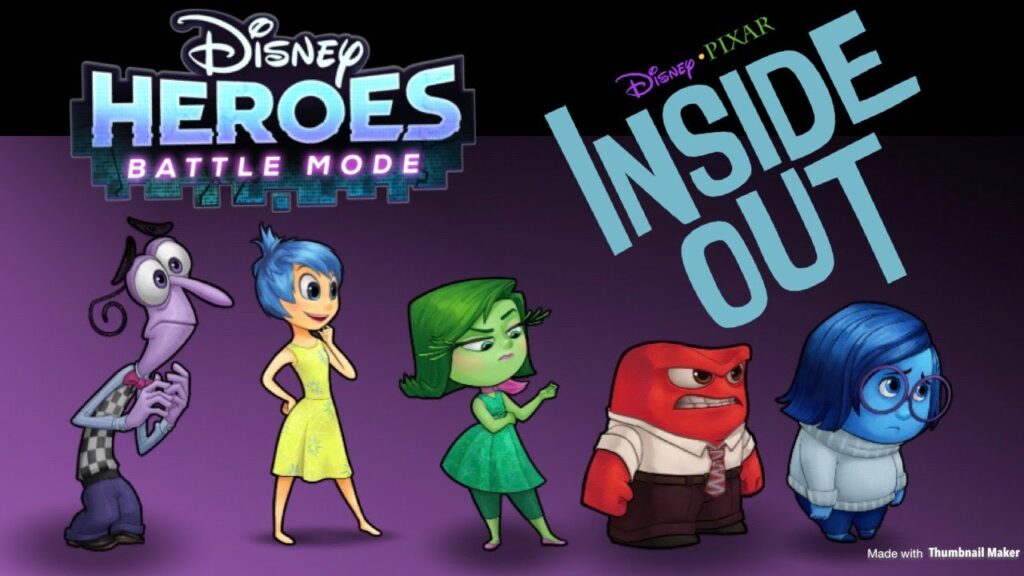
The creation of a 3D animation movie begins with the concept design, where the blueprints are laid out for the characters, backgrounds, and overall visual style. This process is crucial as it sets the foundation for the entire movie’s artistic direction. In this article, we will analyze the intricacies of character and background design, the influence of the story on the design process, the collaboration between the director and the concept design team, the pivotal role of the art director, the specifications required for the blueprint to be passed to the 3D modelling team, and the impact of AI on traditional concept design.
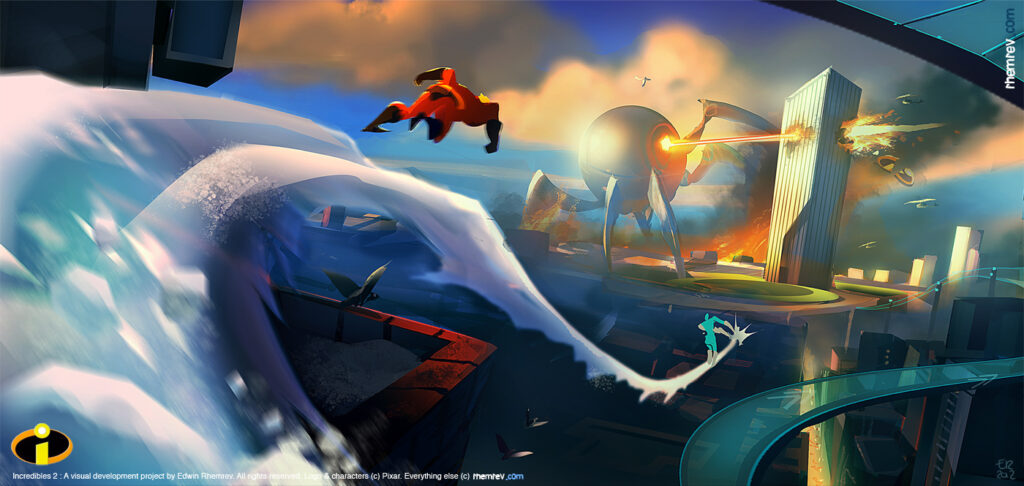
Character Design and Background Design
Character design and background design are two fundamental pillars of 3D animation movies. Character design involves the creation of unique and visually appealing characters that resonate with the story’s narrative. These characters must have well-defined personalities and traits, ensuring the audience can connect with them emotionally.
On the other hand, background design focuses on creating the environments and settings that complement the story’s tone and mood. Whether it’s an otherworldly landscape or a bustling cityscape, the background design sets the stage for the characters’ adventures.
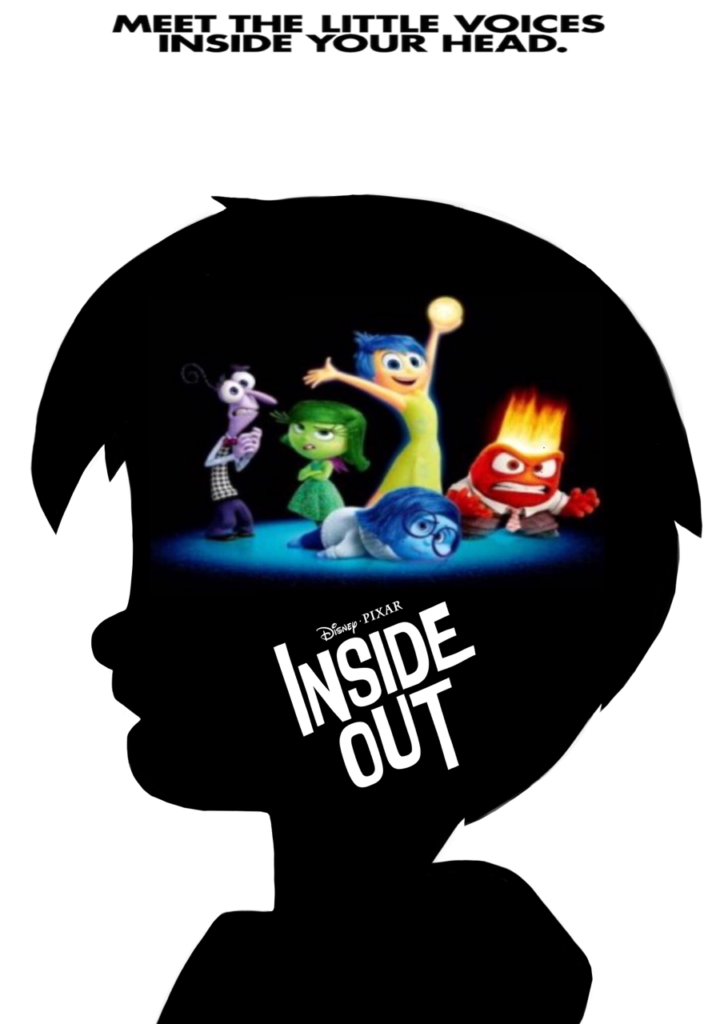
Effect of the Story on concept Design
The story of an animation movie serves as the core foundation for the entire design process. It provides the context, tone, and direction for the characters and backgrounds. The narrative drives the emotional arcs of the characters, which in turn influence their appearance and mannerisms. Additionally, the plot dictates the locations and settings needed for the story to unfold, leading to specific background designs that support the plot’s progression.
Collaboration between Director and Concept Design Team
The director of the animation movie plays a pivotal role in guiding the concept design team. The director communicates the vision, tone, and style they envision for the movie. The concept design team, in turn, takes the director’s input and translates it into visual concepts. A collaborative environment ensures that the team stays aligned with the director’s vision while also contributing their artistic expertise.
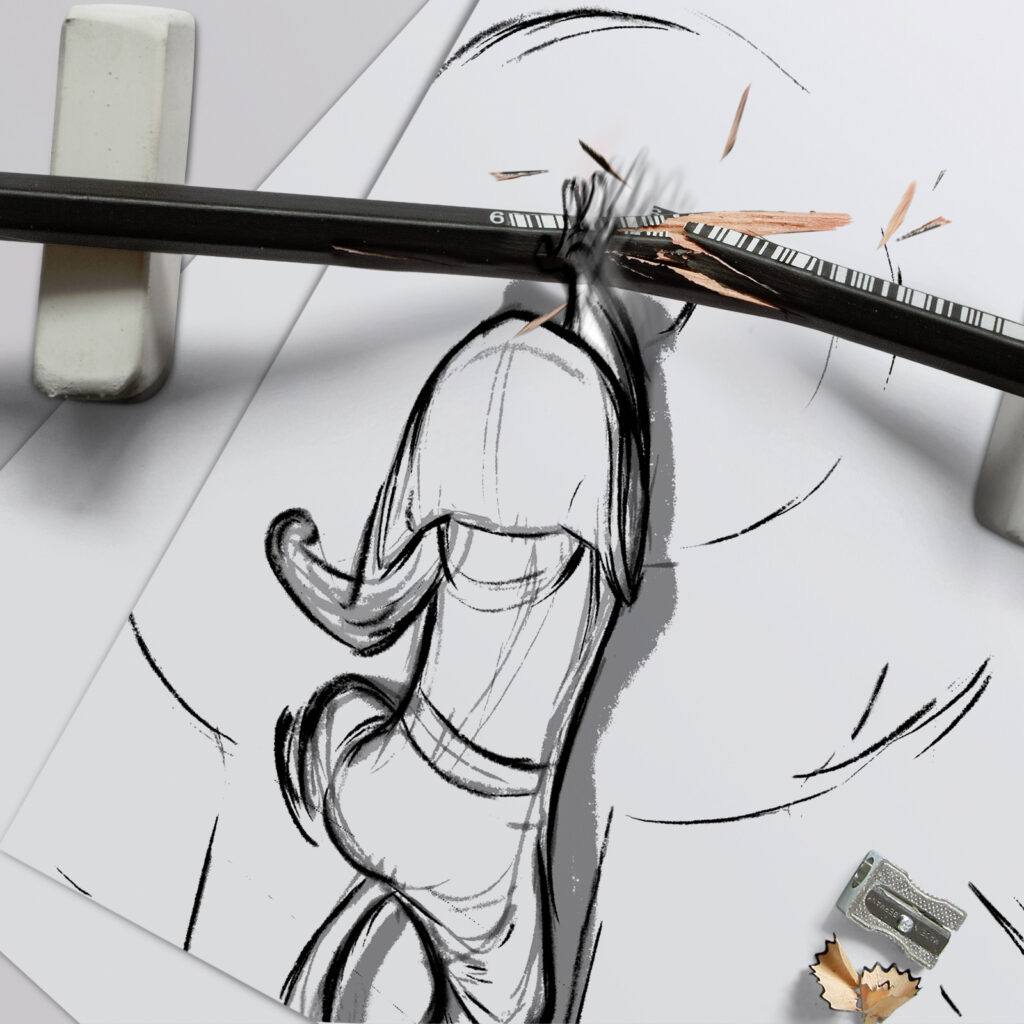
The Role of the Art Director, Effects, and Comments
The art director is a crucial figure in the conceptual design process. They act as the bridge between the director and the concept design team, making sure that the final artwork aligns with the intended vision. The art director oversees the overall visual direction and ensures consistency in the artistic style. Their role involves providing feedback and suggestions to improve the designs, balancing creativity with practicality.
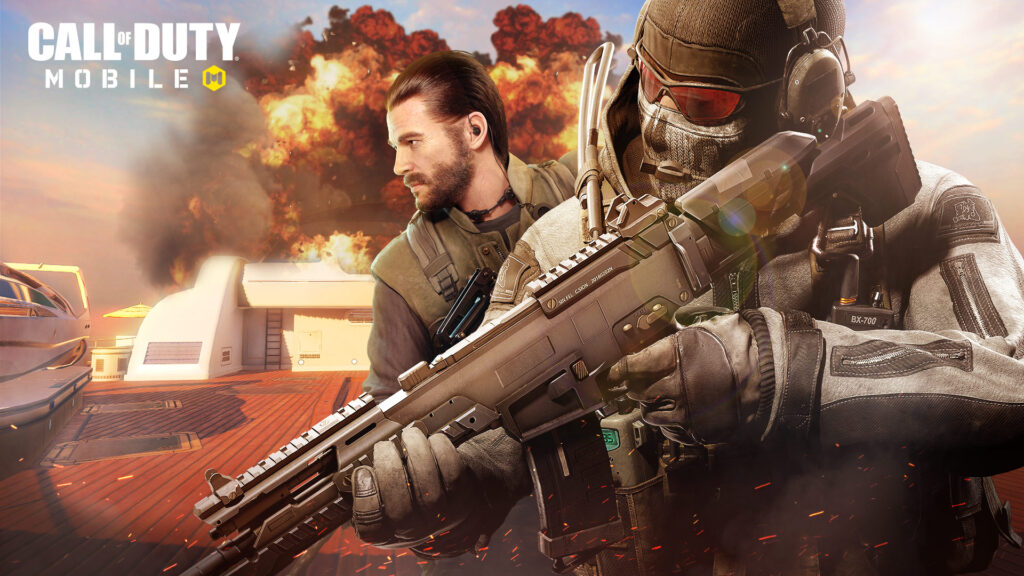
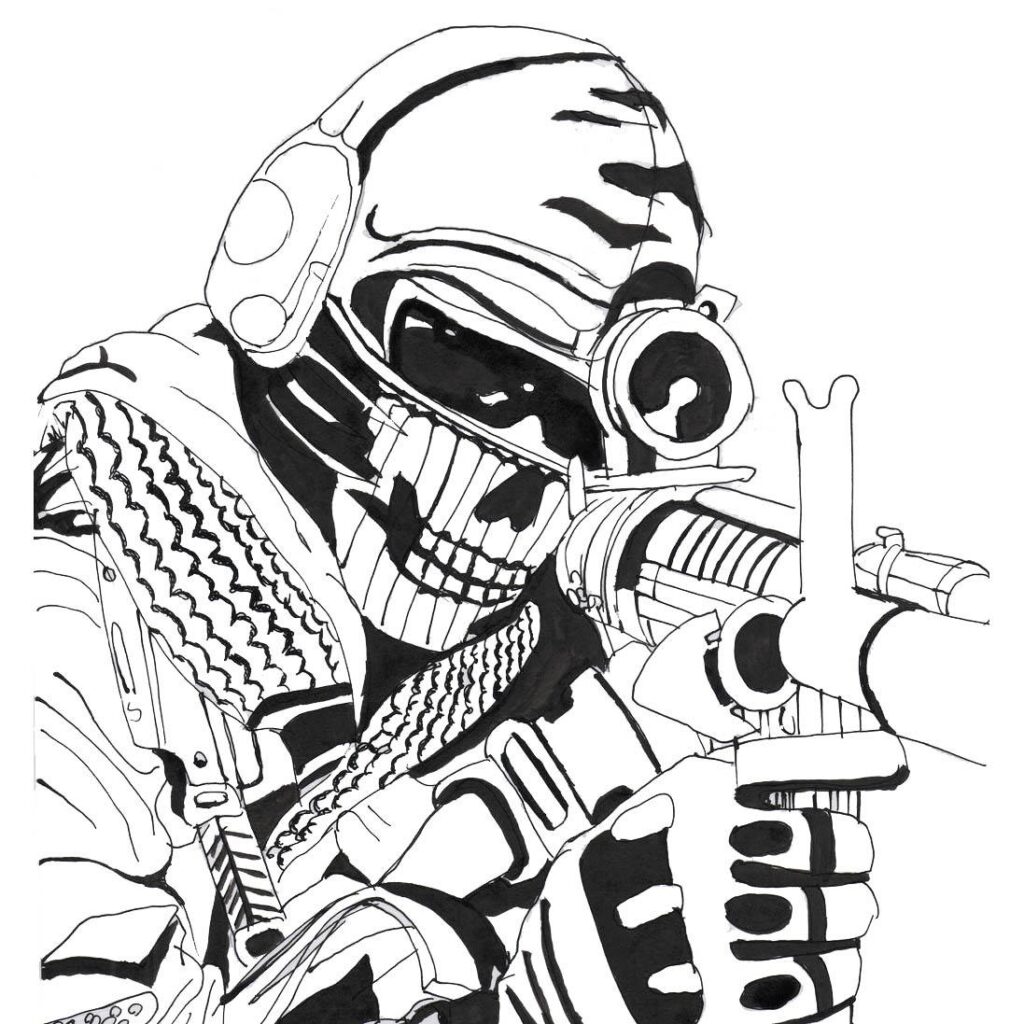
Art Director’s Role in the Final Output
The art director’s influence extends to the final output of the design team. By maintaining a cohesive artistic vision, they ensure that the characters and backgrounds are well-integrated and contribute to the overall storytelling experience. The art director’s expert eye enhances the visual appeal of the animation, captivating the audience and enriching their immersion in the movie’s world.
Quality and Specifications of the Blueprint
Before passing the blueprint to the 3D modeling team, certain criteria must be satisfied. The designs should be detailed and accurate, providing a comprehensive guide for the 3D modelers to bring the characters and backgrounds to life. The designs should consider the technical aspects of animation, including rigging and motion, to ensure smooth execution during the animation process.
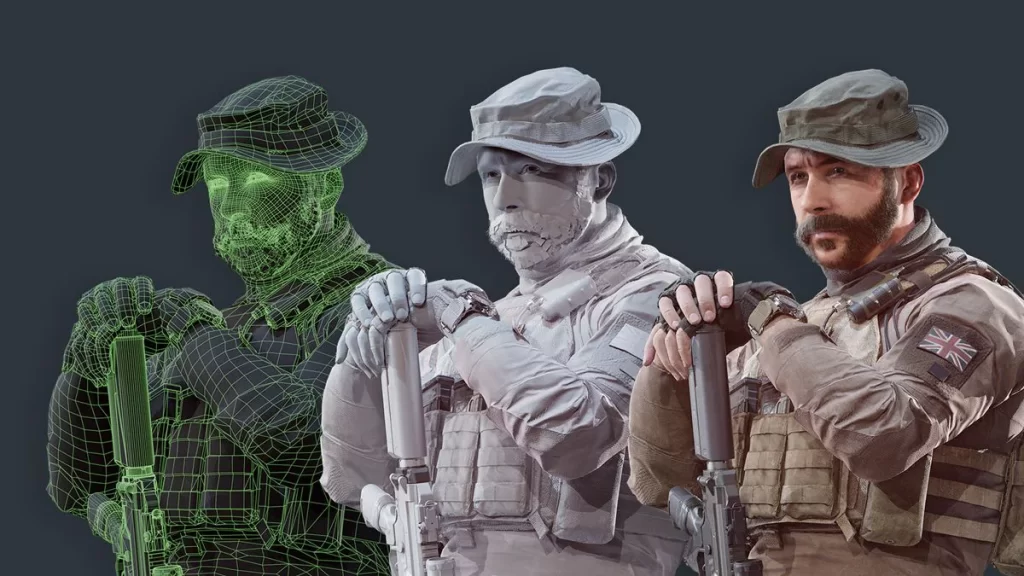
Disney-Pixar’s Concept Design for “The Incredibles”
One of the most beloved 3D animation movies, “The Incredibles,” directed by Brad Bird, showcases an excellent example of effective concept design development. The story’s theme of a family of superheroes inspired character designs that are both relatable and visually engaging. Each character’s unique abilities are skillfully portrayed through their designs, reflecting their personalities and roles in the narrative. The background designs are meticulously crafted, from the suburban home to the futuristic city, enhancing the movie’s overall charm and spectacle.
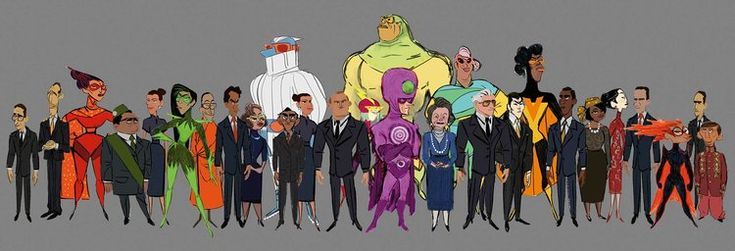
AI Concept Design and its Effect on Human Art
The advent of AI technology has opened up new possibilities in concept design for 3D animation. AI-driven tools can generate concept art, textures, and even character designs based on existing data and user input. While these tools can expedite certain aspects of the design process, they cannot replace the creativity and human touch offered by skilled concept artists.
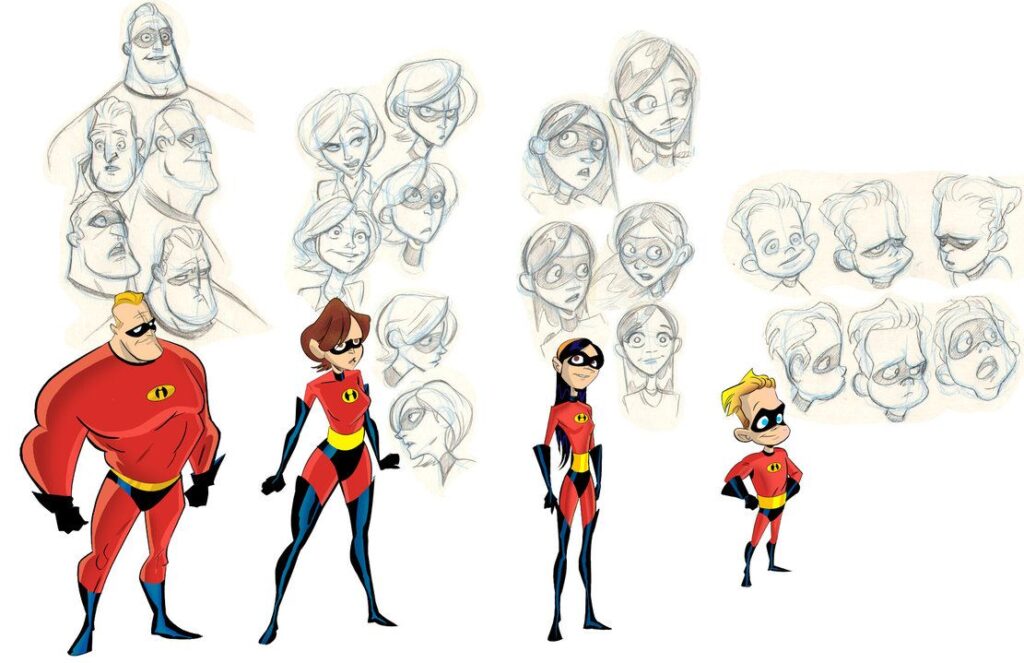
Conclusion
The conceptual design of a 3D animation movie is a multi-layered process that involves character design, background design, and the integration of the story’s elements. Collaboration between the director and the concept design team, under the guidance of the art director, ensures a cohesive and visually stunning result. The blueprint must meet specific quality standards before being handed over to the 3D modeling team for the animation process. While AI technology can enhance certain aspects of concept design, the unique creativity and artistry of human designers remain invaluable, ensuring that the magic of 3D animation continues to captivate audiences worldwide. As such, the concept design team’s role remains indispensable, and there is no possibility of them losing their jobs; rather, their expertise and artistic skills continue to shape the future of 3D animation storytelling.

